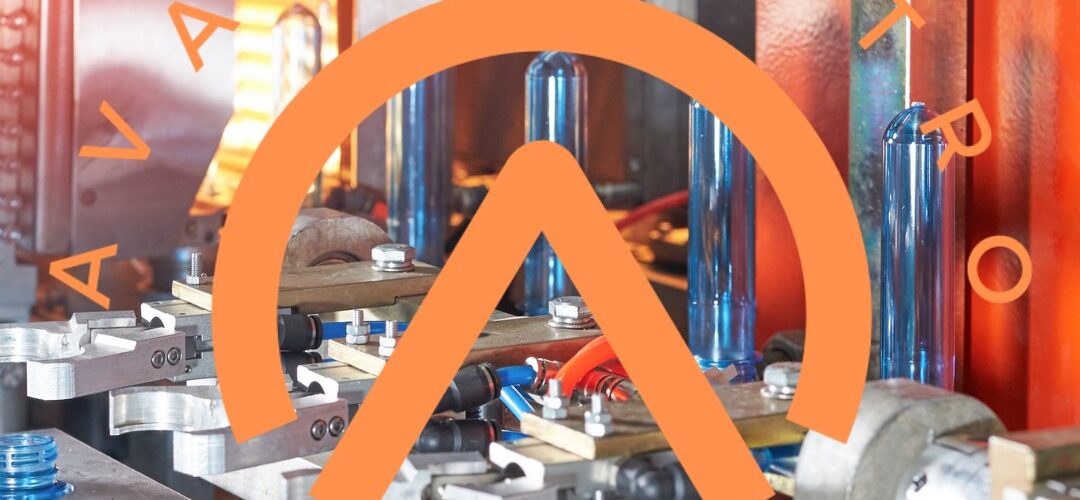Understanding the Production Process of Plastics
Plastics have become an integral part of our daily lives, with their versatile applications ranging from packaging to construction and beyond. Yet, have you ever paused to ponder upon how these ubiquitous materials are actually produced? In this comprehensive guide, we delve deep into the intricate process of plastic production, shedding light on its various stages, techniques, and environmental implications.
Introduction to Plastic Production
Plastic production is a complex and multifaceted process that involves several stages, each crucial in determining the properties and characteristics of the final product. At its core, plastic production revolves around the conversion of raw materials, predominantly derived from fossil fuels, into polymers—the building blocks of plastics.
Raw Material Extraction and Preparation
The journey of plastic production begins with the extraction and preparation of raw materials. Most commonly, plastics are derived from petroleum, a non-renewable resource obtained through drilling and refining crude oil. Alternatively, some plastics utilize natural gas as a feedstock, which undergoes a similar refining process to yield the necessary precursor chemicals.
Polymerization: Creating the Building Blocks
Once the raw materials are obtained, they undergo a process called polymerization. During this stage, small molecules known as monomers are chemically bonded together to form long chains called polymers. This reaction is typically catalyzed by specialized catalysts under controlled conditions to ensure the desired molecular structure and properties of the resulting polymer.
Plastic Processing Techniques
After polymerization, the resulting polymers are processed using a variety of techniques to impart the desired shape, size, and properties to the final plastic product. Some of the most common plastic processing techniques include:
Injection Molding
Injection molding is a widely used technique wherein molten plastic is injected into a mold cavity under high pressure. Once cooled and solidified, the mold is opened, revealing the finished product. This method is highly versatile and can produce complex shapes with high precision and efficiency.
Extrusion
Extrusion involves forcing molten plastic through a die to create continuous shapes, such as tubes, sheets, or films. This process is particularly well-suited for producing long, uniform components and is commonly used in the manufacturing of pipes, packaging materials, and profiles.
Blow Molding
Blow molding is employed to create hollow plastic parts, such as bottles and containers. In this process, a heated plastic parison is inflated within a mold cavity, conforming to its shape and forming the final product. Blow molding offers excellent design flexibility and is highly scalable for mass production.
Thermoforming
Thermoforming utilizes heat to shape flat plastic sheets into three-dimensional objects. The process involves heating the plastic sheet until it becomes pliable, then forming it over a mold and cooling it to retain its shape. Thermoforming is commonly used in the production of packaging, trays, and disposable utensils.
Environmental Considerations
While plastics offer unparalleled versatility and functionality, their production and usage have raised significant concerns regarding environmental sustainability and pollution. The reliance on fossil fuels, coupled with the persistence of plastics in the environment, has led to growing calls for more sustainable alternatives and recycling initiatives.
Efforts to mitigate the environmental impact of plastic production include the development of bioplastics, derived from renewable sources such as corn starch or sugarcane, and the implementation of circular economy principles to promote recycling and resource conservation.
Conclusion
In conclusion, the production of plastics is a multifaceted process that encompasses various stages, from raw material extraction to final product fabrication. Understanding this process is essential for addressing the environmental challenges associated with plastic production and fostering the transition towards more sustainable alternatives.
Written by Emir Narin

